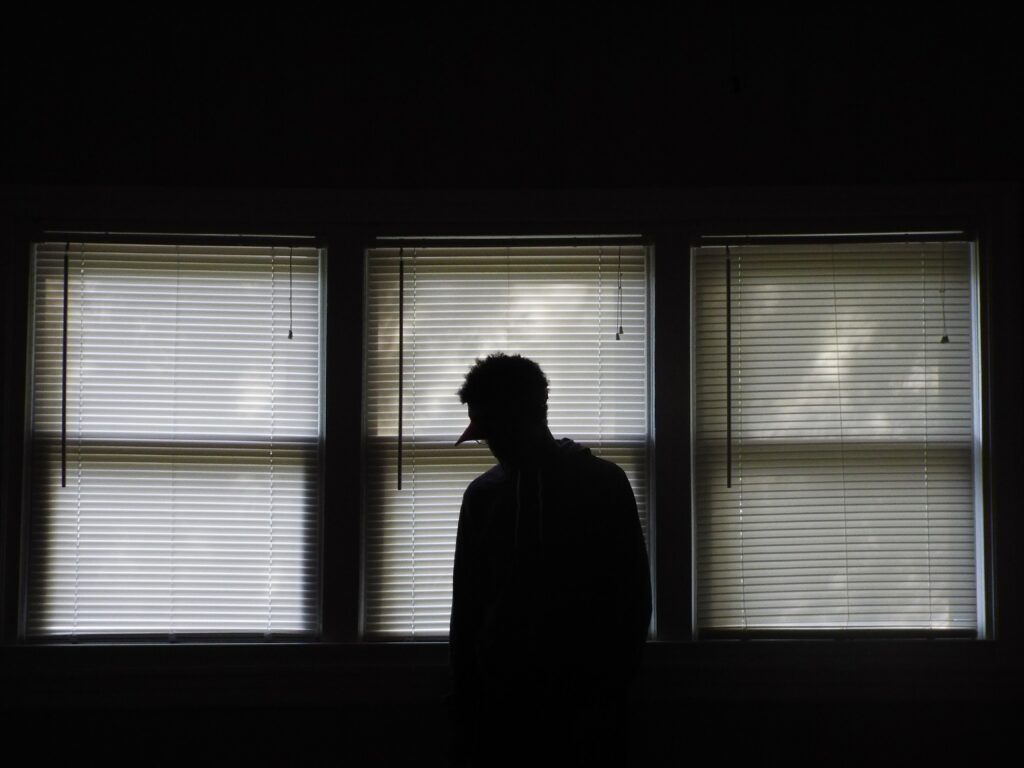Getting Hopeful: Seven Reasons to Start a Fresh Hope Group in Your Church By: Katie Dale

By: Katie Dale
- The first place Christians with mental health issues go for help is to their church
Think about 25% of your church. One in four Americans suffers from a mental health challenge in their lifetime. If the staggering number of 1 in 4 doesn’t quite hit home, think about times in your life you have had a meltdown, a breakdown or an experience of large enough proportion that you couldn’t function 100% because of an emotionally and mentally challenging time. Then think about the guidance many of us seek out from our pastor or other church member who appears to have it more “together.” According to a Lifeway Research poll, the percentage of churches that are actually equipped to respond to such distress is 3%.
The church is a beautiful body of redeemed souls, yet our minds are still subject to the effects of sin in our fallen world. This is a truth we can’t ignore. Which is why it is so crucial that the church proactively and appropriately responds to hurting members that are in need of attention and proper treatment of their mental health conditions.
Fresh Hope for Mental Health is such a way to assist in the healing process. Having a Fresh Hope group in place in your church will empower participants to live a full, rich and faith-filled life in spite of their mental health challenges.
2. Fresh Hope empowers your church to reach out and minister many at one time
Fresh Hope groups are offered through local churches and online mental health support groups sponsored by local churches and ministries. As part of their mission, Fresh Hope also supports and encourages faith leaders to help their faith community through resources for pastors such as webinars.
Churches that facilitate these groups are trained and certified by Fresh Hope in a 8-hour online training course with quizzes followed by a personal interview. They also offer free phone and online support and a facilitator website to help troubleshoot problems and receive peer advice on leading a group. They provide promotional materials (videos, press releases, sample articles) and curriculum for facilitators and participants. New content is offered regularly to help empower group participants in their recoveries.
Groups usually meet weekly for up to an hour and half each session and are not limited to a specific number of participants. Both those with a diagnosis as well as their loved ones attend the group together for the first half of the meeting.
3. Fresh Hope leads to healing and a better quality of life
The proven track record of Fresh Hope groups’ success is shown in that:
- 96% of weekly participants attribute their participation as the reason they now feel more hopeful than prior to their participation in Fresh Hope
- 92% who have attended other mental health support groups say that Fresh Hope has been more positive and helpful in their recovery than any previous groups
- 86% of those who were suicidal prior to coming to Fresh Hope report that they have not been suicidal since participating
- 88% say that Fresh Hope has been extremely important in their recovery
- 71% who have been hospitalized prior to attending Fresh Hope have had no returns to hospitals since attending the support groups
4. Fresh Hope is created by a pastor who has been there, experienced that
Pastor Brad Hoefs was diagnosed with Bipolar I himself, and drawing on his first-hand experiences, has been able to relate to lead others to a place of healing through six tenets that he has composited based on Scripture that have been foundational for living well in spite of a mental health diagnosis.
The tenets are for both the person who has the diagnosis and the loved ones of those who have a diagnosis. Each tenet is based upon a Scripture, read at the beginning of each meeting. They are not “steps,” but rather building blocks of wellness. They have not been created by a doctor or therapist but by Pastor Brad Hoefs who “discovered” these faith-based principles on his road to wellness.
5. Fresh Hope is facilitated by peers who have mental health issues
Fresh hope support groups are peer-led, where members encourage one another under the guidance of a facilitator, and have up to 4 facilitators, with at least one with a mental health diagnosis. The meeting format includes both a large and small group experience, where members can share as little or as much of their “journey” as they desire.
6. Fresh Hope is more than just a peer support group – they are not a constant vent session
Fresh Hope has a high regard for the processing that goes on in a support group that is not curriculum-driven (considered as short-term interventions which research shows is only helpful in the short term) but rather is an ongoing peer-to-peer support which allows people to actually process together mental health recovery approaches as adults truly learn through interaction, not being taught. (If recovery could be taught in 12 weeks, A. A. would have been doing that years ago).
They also have a high regard for how the majority of adults learn and that is by them interacting, which is what happens in an authentic safe support group setting. While venting is a necessary thing in recovery, it cannot be the only thing; otherwise those in the group simply get worse and not better.
7. Fresh Hope has proven success
Self-reported results of those who attend Fresh Hope groups meetings for six weeks showed that:
- 78% of the participants say they are extremely hopeful about being able to live a full and rich life in spite of their mental health diagnosis since coming to Fresh Hope. Another 22% say they are “becoming” more hopeful about living a full and rich life. 0% say they don’t feel hopeful since attending.
- 97% say that the fact that Fresh Hope is faith-based is extremely important to them
- 94% report they have a better understanding of their diagnosis since attending Fresh Hope
- 96% report being more compliant to their medical treatment and using wellness skills in their recovery since attending Fresh Hope
Frequently Asked Questions:
What are the types of groups offered?
- Fresh Hope for Mental Health groups
-
-
- Churches or local ministries start and sponsor these groups
- Facilitators are trained and certified by Fresh Hope
- Local and online groups are offered
-
- Fresh Hope for Teens (FreshHope4Teens.com)
-
-
- Churches or local ministries start and sponsor these groups
- Facilitators (usually young adults) are trained and certified by Fresh Hope
- Parents meet in a separate group
- Teens may bring their friends with them
-
- Fresh Hope for Living Free (FreshHope4LivingFree.com)
-
- Fresh Hope for Living Free is both a curriculum that can be taught within the correctional setting and also includes a group that is on the “outside” for when inmate/prison is out of jail/prison
- Chaplains in local jails, prisons, correctional facilities may use the curriculum and a local ministry or church starts the “outside” support group for those getting out of jail/prison along with their loved ones
Who can start groups?
Local churches, ministries (homeless shelters, half-way houses, etc.) start our groups
How to start a group?
Email us at info@FreshHope.us
Katie Dale is the mind behind BipolarBrave.com and the e-book GAMEPLAN: A Mental Health Resource Guide. She works full time at a behavioral outpatient clinic, ministering to those with mental illness. She can be found on Facebook, Instagram and Twitter.




